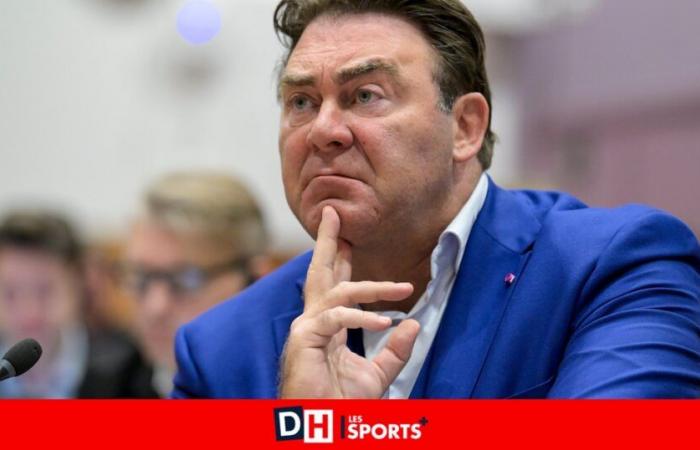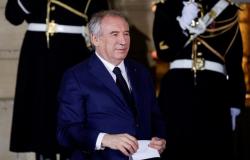But here, the certainly experienced politician – but elected for the first time in Charleroi – was booed by the public… twice in the same council! A first when he reported that he would find “problematic” that the spectacle of this Monday comes to repeat itself. What show? That of having a socialist mayor who also responds to a socialist union (CGSP-admi) to denounce the policies of the MR and the Engagés at the Walloon level, according to him. A second when, while he was explaining that his group wanted more speaking time than the 10 minutes previously negotiated to respond to the majority’s city project, he wanted to defend himself from a dig from Isabella Greco, head of PS group, which invited him to “respect its commitments” and to “do not disturb the council”.
Booing, in politics, it’s common
Booing is common. Already behind closed doors, especially in political meetings. But also in public places: we think of elected officials and candidates, especially in France and the United States, who cause the media present to be booed by their activists, for example. We also think of the boos that Viktor Orbán received in the European Parliament.
Generally, in politics, those who boo are the opponents. But we must also remember that being booed by your opponents can be taken as a sign of strength by your own camp: booing or being booed, ultimately, means strengthening everyone in their positions: whether you are for or against Denis Ducarme here, “boo” public are taken as a “well done” by his opponents and conversely they are taken as a “it’s because he hits right” by his supporters. And that doesn’t really advance the substantive debate.






